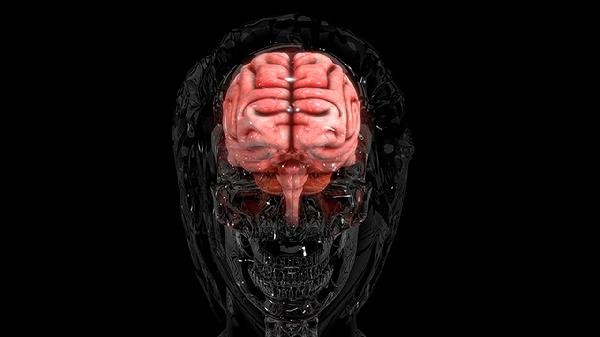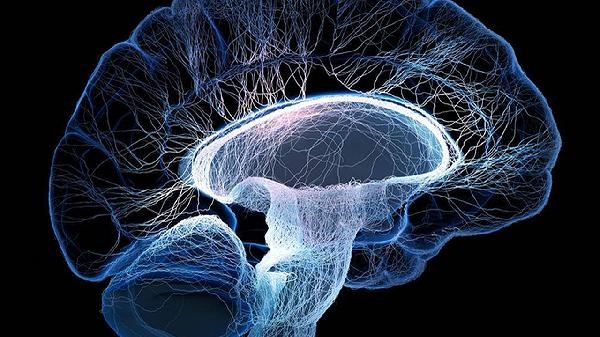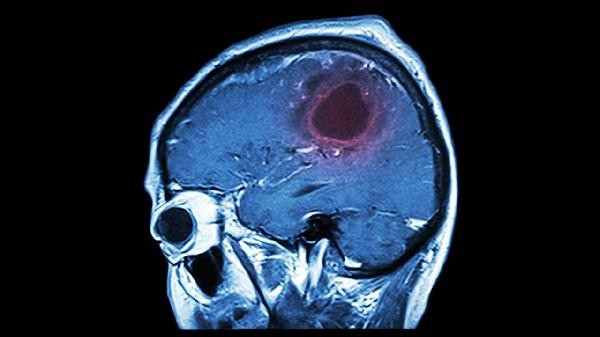Lack of sleep or abnormal sleep function in the brain can usually be treated, and the specific method depends on the cause. Common intervention methods include cognitive-behavioral therapy, light regulation, medication assistance, neurofeedback training, lifestyle adjustments, etc. If there are long-term sleep disorders, it is recommended to seek medical attention as soon as possible to assess whether there are neurological disorders or psychological problems.

1. Cognitive behavioral therapy
targets insomnia caused by psychological factors. Cognitive behavioral therapy reconstructs sleep rhythms by correcting erroneous sleep concepts, establishing regular sleep patterns, and controlling bed rest time. This method is highly effective for chronic insomnia, especially for people with anxiety and depression, and usually requires guidance from professional psychologists to complete systematic training.
2. Light regulation
regulates melatonin secretion through exposure to specific wavelengths and intensities of light, suitable for patients with circadian rhythm disorders. Morning strong light exposure can help shift the sleep phase forward, and avoiding blue light exposure at night can help maintain normal drowsiness. Light therapy requires a period of time to show results, and it is recommended to consult a doctor to determine appropriate light parameters before use.
3. Medication assisted
Short term use of non benzodiazepine sedatives and hypnotics such as dexmedetomidine and zolpidem can be considered, while long-term treatment may consider melatonin receptor agonists such as remifentanil. Medications should be strictly used according to medical advice, avoiding self adjustment of dosage or mixed use, especially the risk of dependence on benzodiazepines.

4. Neurofeedback Training
uses EEG biofeedback technology to help patients autonomously regulate brain wave activity, which is suitable for sleep disorders caused by imbalanced brain excitation inhibition function. Training needs to be conducted under professional equipment monitoring, and patients need to learn to control specific brainwave frequencies to promote sleep initiation, usually requiring multiple repetitions to establish conditioned reflexes.
5. Lifestyle Adjustment
Maintain moderate exercise but avoid vigorous activities before bedtime, control caffeine and alcohol intake, and create a dark and quiet sleeping environment. Dinner should not be too full. Before going to bed, you can try meditation or taking a warm bath to relax your body and mind. Establishing a fixed bedtime ritual can help form conditioned drowsiness, which requires long-term persistence to improve sleep quality. For patients with severe sleep disorders, it is recommended to go to a neurology or sleep specialist for polysomnography monitoring to rule out organic diseases such as episodic sleep disorder and restless leg syndrome. Daily recording of sleep diaries can help doctors assess the condition and avoid excessive dependence on sleeping pills. Maintaining a regular daily routine and a calm mindset is crucial for restoring a natural sleep cycle, and if necessary, combining traditional Chinese medicine can improve physical fitness. If accompanied by symptoms such as memory loss and emotional abnormalities, be alert to potential brain lesions.









Comments (0)
Leave a Comment
No comments yet
Be the first to share your thoughts!